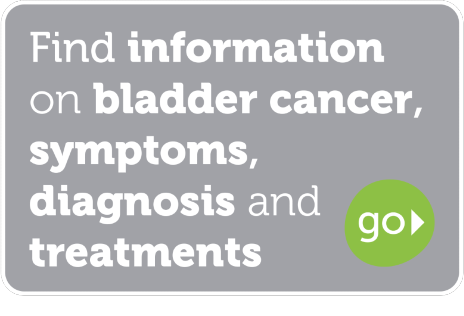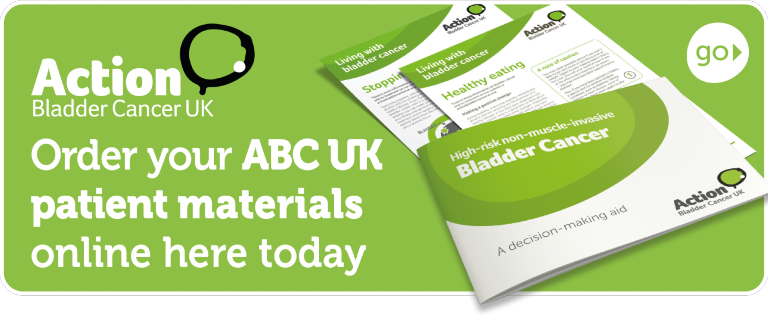Clinical Trials
As a bladder cancer patient, you might be asked by your doctor whether you wish to take part in a particular clinical trial. Or you might want to find out yourself what trials are available and may be appropriate.
Clinical trials are vital to develop new and better treatments. For patients, they can be a way of accessing a new treatment before it becomes generally available. There are many types of clinical trial designed to test a medicinal product (a drug), a procedure, a device or another type of therapeutic intervention.
How Clinical Trials Work describes a typical process for a drug based clinical trial, although the process is similar for all types of clinical trial.
New treatments will typically be developed within a research laboratory and at that stage they are experimental and are not available for use in patients. Experimental treatments will also be tested within the laboratory before they are submitted to clinical trial.
Not all patients will be suitable for a clinical trial. Some trials can also only be run in certain hospitals either because of their complexity or because of the particular type of treatment.
Finding a Clinical Trial
If you want to join a trial, you will usually need to be referred by your doctor, so the best place to start is by asking your specialist. They will know from your records whether you might be suitable and will be able to direct you to any locally based trials, or know about larger national studies. You could also search for a potential trial and take the details to discuss at your next appointment. If you are suitable for a particular clinical trial and are willing to travel to the hospital where it is available, your specialist can potentially refer you for this.
You can see some of the current bladder cancer trials on our list.
Please do let us know on info@actionbladdercanceruk.org if you are aware of any other current trials which could be included.
How Clinical Trials work
Clinical Trials are carried out in stages or phases - most often phases 1 to 3 (sometimes written I, II and III), although occasionally there is an earlier phase 0 or a later phase 4. Phase 1 is usually the earliest trials in patients. These phases cover issues from what side effects a drug might cause through to testing whether a new drug is better than an existing treatment.
How we help you
Latest News / Events
Muscle invasive bladder cancer - challenges around the pathway of care webinar - 15th July 2024 04/06/2024
Muscle invasive bladder cancer - challenges around the pathway of care A Nurses' Bladder Cancer Education Webinar This webinar will be presented by Helen Johnson who is a urology oncology clinical nurse specialist at the Christie Hospital in Manchester. She has been a CNS for ...











